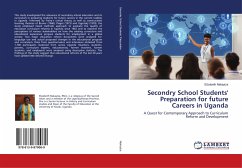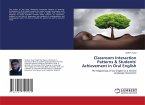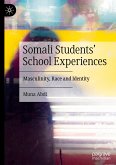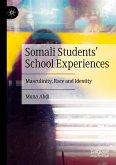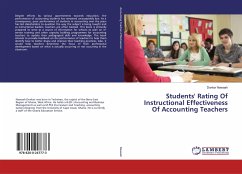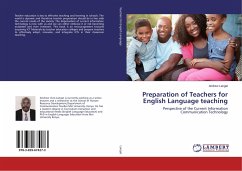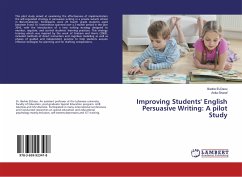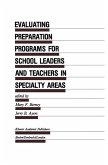This study investigated the relevance of secondary school education and its curriculum in preparing students for future careers in the current realities in Uganda. Informed by Freire's critical theory as well as constructivist learning theories of Bruner (1966), Piaget (1973) and Vygotsky (1978), the study employed mixed methods approach to evaluate the quality of education curriculum reforms in Uganda since 1962 and to examine the perceptions of various stakeholders on how the existing curriculum and educational experience prepare students for employment in a global society. Two major education reform documents were analyzed for language use and actual proposed changes in the educational program and curriculum. Data from questionnaires and interviews obtained from 1,700 participants clustered from across Uganda (teachers, students, parents, curriculum experts, educationists, former teachers, former students, and employers) were analyzed using descriptive statistics. The findingsof this study suggest that educational reforms of the last 50 years have yielded little desired change.
Bitte wählen Sie Ihr Anliegen aus.
Rechnungen
Retourenschein anfordern
Bestellstatus
Storno

